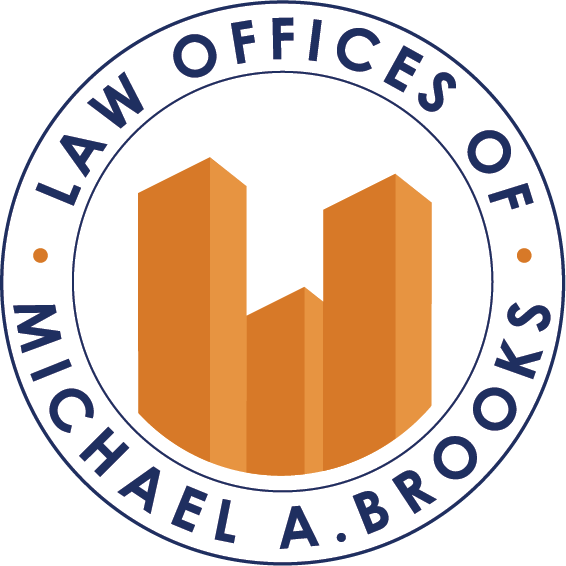WHAT TO KNOW IF YOU’RE CONSIDERING LEASING YOUR LAND FOR SOLAR
On behalf of Michael Brooks of Law Offices of Michael A. Brooks on Friday, May 25, 2018.
Solar energy is becoming a more popular form of alternative energy. People are attracted to solar because it does not harm the environment. As the demand for solar energy increases, the need for solar energy companies to find places for their solar arrays also increases.
What is a solar array?
Each solar panel is made up of solar energy cells which convert sunlight into electricity. A series of solar panels is a solar array.
Benefits of leasing land for solar use
Many solar energy land leases generate more income than agricultural leases. The revenue stream is also usually more certain. Solar power does not impact the land like agriculture does, so there is no need to rest the soil or practice crop rotation like with agricultural use. Leasing your land also shifts maintenance to the solar company. Typically, overseeing solar arrays is low maintenance, so the solar company will likely only visit the land a few times a year. Solar arrays do not create pollution, make noise, provide much of a visual disturbance, and have very little impact on the land itself.
Readying the land for use can be a slow process
However, leasing your land to a solar energy company is not a particularly quick process. You need to sign a lease with the solar energy company, the land needs to be developed for use, and then the equipment must be constructed. The developers may need to obtain land use approval from local authorities. They also may need to conduct land surveys, environmental reviews, geotechnical investigations, and other types evaluations. These processes can take months or years. Along with the solar arrays, the company will likely need to install an equipment pad that contains things like transformers, inverters, and ways to disconnect the grid.
Signing a lease for solar land use
Before any of these operations move forward, you must first sign a lease with the solar power company. Solar companies need to get permission from utility companies to connect their power to the electrical grid. Before you sign a lease, you should find out whether the solar company already has permission. If they do not, you may consider adding a clause to lease that allows you to back out, if the utility company does not give permission.
Assuming the solar company has permission from the utility company, this agreement lasts for a set amount of time. This will guide the length of the lease. Financial backers may also request the possibility of lease extensions because solar equipment may last longer than intended. You will want to make sure you are aware of these stipulations.
The way the solar company offers payment can also vary. It could be based on dollars per acre of land, dollars per megawatt, or even a percentage of the solar output. These negotiations may be confusing to someone outside the solar industry. You may consider speaking to an attorney that can walk you through the solar lease process and help you determine the best option.
